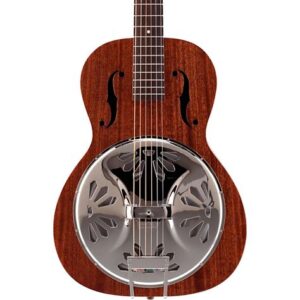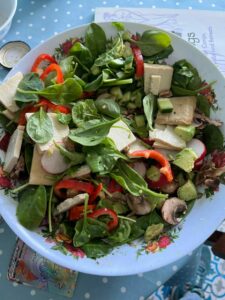
The Torah spoke of four sons: one wise, one wicked, one simple, and one who does not know how to ask. Each of these sons calls for a different approach in the telling of the Exodus story. This year, as I made preparations for co-hosting (with my colleague and friend Dorit Reiss) our first-ever Zoom seder for dozens of participants, I wondered which son I was.
The wise son would deeply ponder the minutiae and symbolism of the Passover rituals. As the wise son, I reflected on the meaning of a holiday about overcoming slavery, rediscovering freedom, a rather hefty dosage of retribution, and delaying gratification, amidst the shelter-in-place order. The holiday took on a new meaning, as my definitions of slavery, freedom, and the promised land have been shaped by current events. Mostly, I have been thinking about the meaning of freedom in the context of prisons and COVID-19 health risks within them, and recommitting to the fight to save as many people as possible, both behind bars and on the outside.
The wicked son excludes himself from the celebration. I don’t see this as “wicked,” necessarily, but rather as the comparing mind. “Sure, you celebrate all you want; you don’t have little kids;” “Sure, you have it easy, your kids are small, mine have to do homework.” “Sure, knock yourself out and watch Netflix, child-free person.” “Sure, enjoy your family happiness while I rot here in solitude.” The comparing mind alienates and isolates us from our friends and neighbors. Let’s drop all that and remember that there is no “other.”
The simple son asks, “what’s this all about?” I had to go back to basics in creating a virtual PowerPoint haggadah for us to use during the ceremony–remembering old passages, enjoying the familiar turns-of-phrase even before engaging with the deeper meanings.
The son who does not know what to ask is silent. But in my case, the silence was an industrious one and full of preparations.
What’s on our happy Oaxaca-inspired seder plate? Celery, hot sauce pickles (in lieu of horseradish), haroset balls (combining any dried fruit and nuts at home with a grated apple in a food processor and making balls, then rolling them in coconut), and the classic tofu eggless salad in lieu of the egg. And the orange, you ask? Here’s the story. As we’ve been co-leading the Seder as two women for about twenty years–Dorit emceeing and I putting together the music–I think an orange more than belongs on our seder plate!




No comment yet, add your voice below!